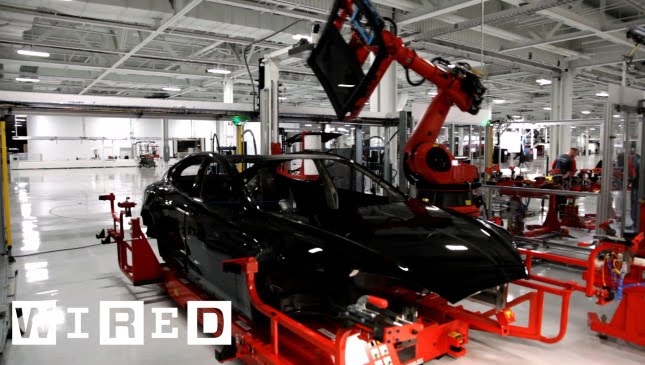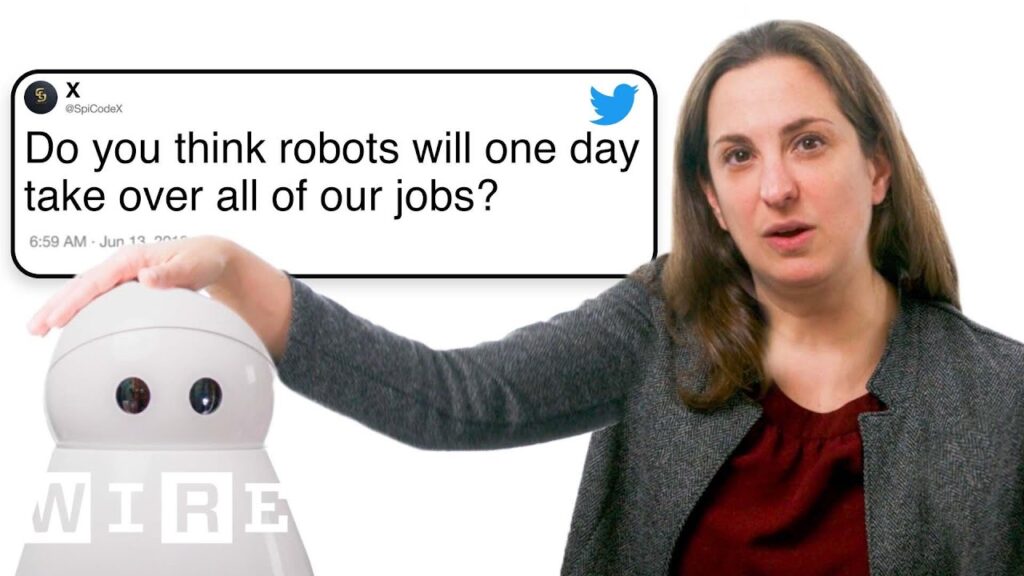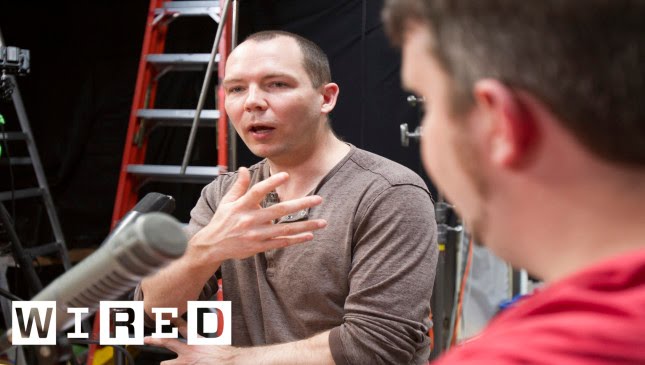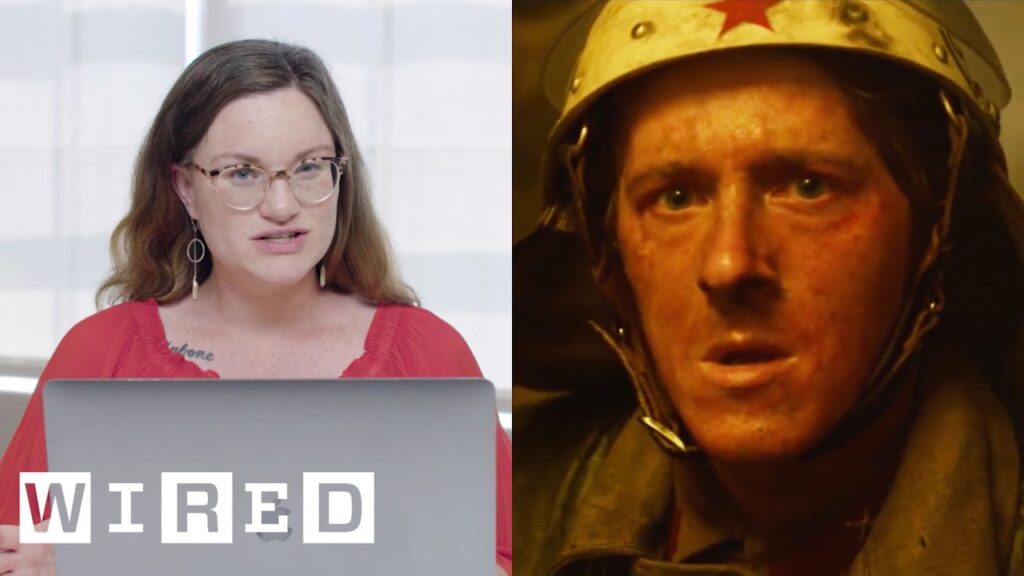The Future of Books: Physical vs. Electronic
Summary
In this transcript, the speaker talks about the differences between physical and electronic books. He shares his own experience with collecting physical books and the difficulty in transitioning to electronic versions. He also talks about the importance of preserving information across time and the work being done to achieve this. The speaker reflects on the future of books as we move further into the digital age.
Table of Contents:
- The Importance of Preserving Information Across Time
- The Story of Lowell, Massachusetts
- The Role of Physical Books as Memory Palaces
- Making Decisions About Physical vs. Electronic Books
- Trusting the Virtual World
- Conclusion
The Importance of Preserving Information Across Time
The speaker begins by discussing the importance of preserving information across time. He shares the story of Brewster Kahle who is attempting to build a collection of every published book in the world. Although the speaker’s colleague disagrees, he argues that having access to all books in case of a power outage is important. This problem leads to interesting groups, such as The Long Now Foundation, working on ways to preserve information.
The Story of Lowell, Massachusetts
The speaker then tells a story about a town called Lowell in Massachusetts. The town was built around automated looms that only ran on water power. But storms caused the river to overflow and destroy the mills. To combat this, the townspeople built a gatehouse to close the gates, but they didn’t know how to operate it. One day, during a storm, someone broke into the gatehouse and found a metal plaque with simple instructions that closed the gates and saved the town. This story shows the importance of transmitting information across time, as simple instructions saved the town.
The Role of Physical Books as Memory Palaces
The speaker shares a personal story about his grandmother who used books as a form of a memory palace. She had a collection of 20,000 books in her two-room apartment that she used to store her memories. The speaker realizes that he, too, has been using his books as a physical memory palace. This makes it difficult for him to transition to electronic books as it is harder to remember the information without the physical location.
Making Decisions About Physical vs. Electronic Books
The speaker talks about how he makes decisions about which books to get electronically and which to get physically. For example, he collects physical books related to cities and urban theory because he likes the maps and wants to remember information in a certain way. On the other hand, he buys almost all new science fiction and work-related books electronically.
Trusting the Virtual World
The speaker notes that Brewster Kahle may not trust the virtual world to provide memory. The speaker, on the other hand, is worried about how to remember the information without the physical artifact.
Conclusion
In conclusion, the speaker reflects on the future of books as we move deeper into the digital age. He notes that preserving information across time is important, and that physical books can serve as memory palaces for the information they contain. However, as more information is stored digitally, it is important to find ways to trust the virtual world to store our memories.







